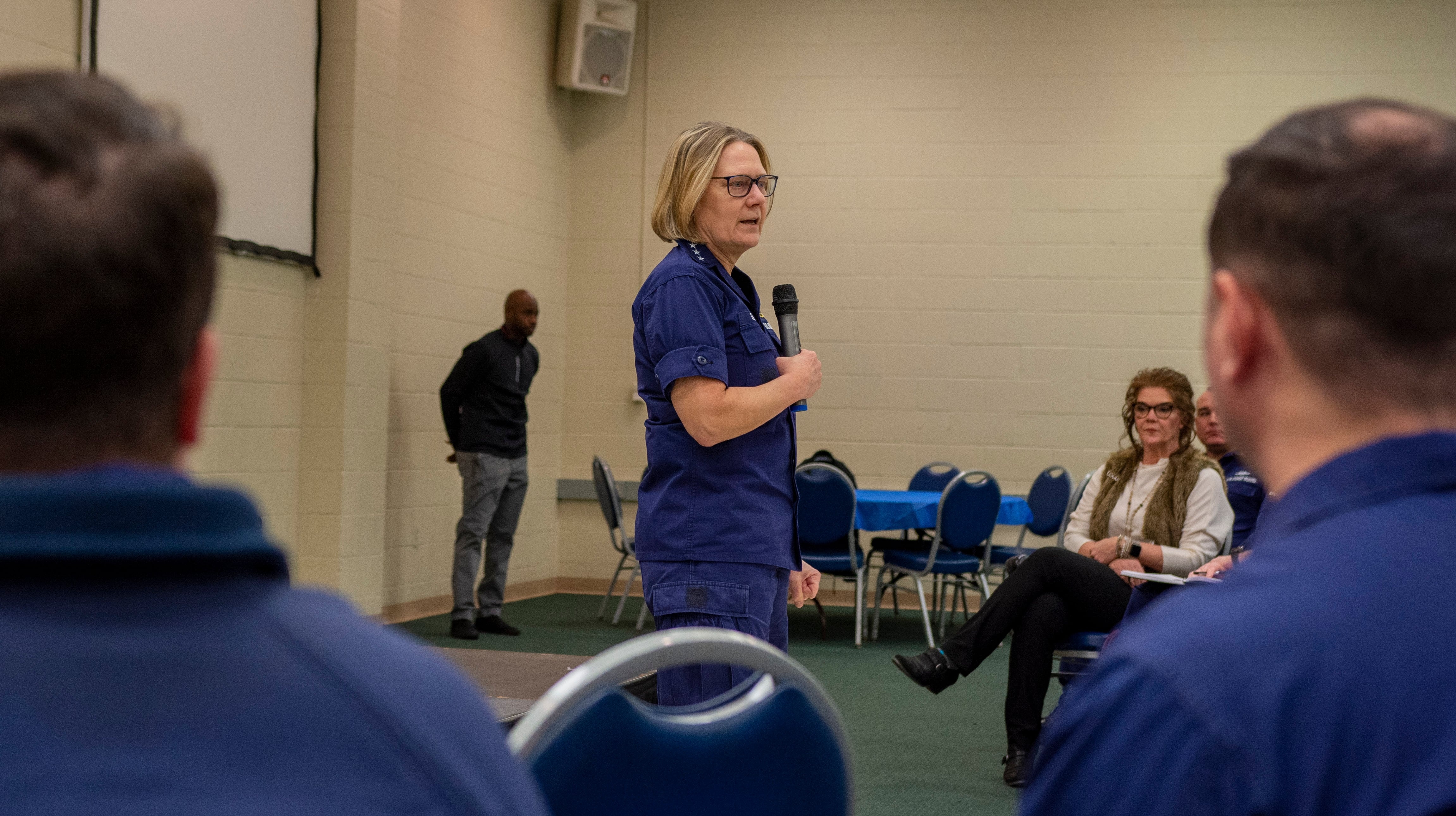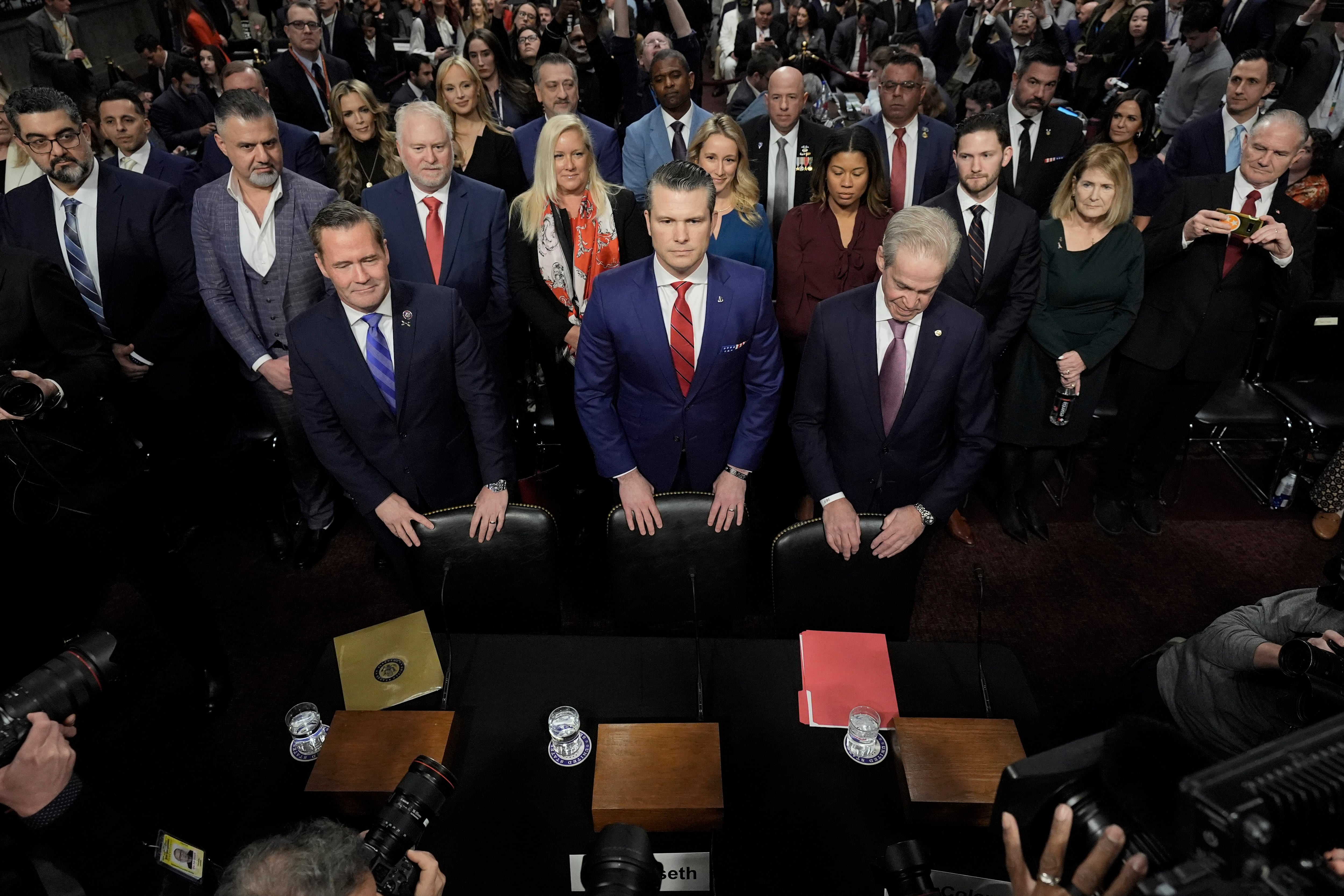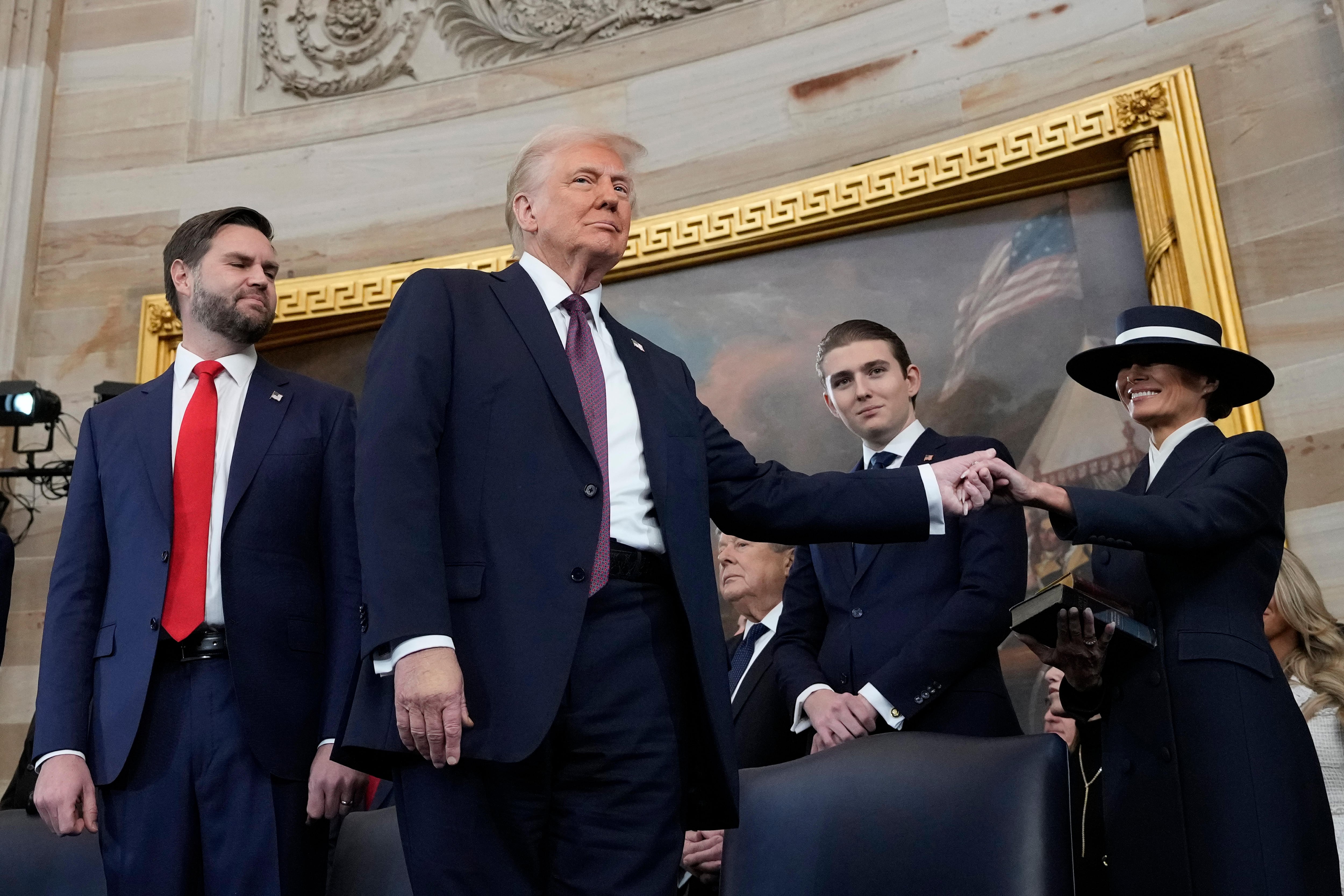All eyes were on military absentee voter ballots in Georgia and other battleground states where races were close in the Nov. 3 election — and the spotlight remains on Georgia.
There’s a closely watched runoff election scheduled for Jan. 5, for two Senate seats in Georgia, and the outcome could determine which party has control in the U.S. Senate. And in some other battleground states, military and overseas citizens votes were still being accepted and counted, by state law, although it appears unlikely any late-arriving ballots could swing the results in the other presidential candidate’s direction. But they are being counted.
Those eligible Georgia residents can still register to vote in the runoff election, through Dec. 7. Local election officials will start sending out absentee ballots for the runoff within a week or so to military and overseas citizens who have registered to vote in Georgia and previously requested absentee ballots for this year’s elections.
The voting rights of military and overseas citizen voters are protected under the Uniformed and Overseas Citizens Absentee Voting Act, and they’re commonly known as UOCAVA voters. This applies to U.S. citizens living overseas, and to military personnel and their families anywhere in the country or in the world who are stationed or deployed away from their home voting district.
According to the latest information from the Georgia Secretary of State website, Georgia election officials had accepted 18,008 absentee ballots from UOCAVA voters for the presidential election, and another 8,410 outstanding absentee ballots had been requested but not returned. That’s an unofficial return rate of 68 percent. Information isn’t available yet about how many of those UOCAVA ballots were from military and family members and how many were from overseas citizens.
But those 18,008 ballots represent a 45 percent increase over the 12,432 UOCAVA ballots that were counted by Georgia officials in 2016. The country at large saw unprecedented numbers of voters this year.
It’s not known how those UOCAVA voters voted. But it reinforces the importance of these votes, said Susan Dzieduszycka-Suinat, president and CEO of the non-partisan U.S. Vote Foundation and Overseas Vote, noting that the 18,008 ballots exceeds the current margin of victory of about 12,500 in the vote count for the president’s race in Georgia.
With such a small margin in the overall vote count, Georgia is undergoing a recount.
But as far as the Georgia Senate runoff election, the absentee voting will start soon.
Things to know:
• If Georgia is your state of legal residence, you can still register to vote in the runoff election, up until Dec. 7. You can use the Federal Post Card Application (FPCA) to register and to request the absentee ballot, which you can find on the Federal Voting Assistance Program website. You can also request your ballot directly from the local election official, and that contact information is also on the FVAP site.
• Those who had already requested absentee ballots for this year’s elections will automatically receive an absentee ballot either electronically or by mail.
• According to the Georgia Secretary of State website, the earliest date for a county registrar to mail an absentee ballot for the runoff is Nov. 18. It’s not clear when those ballots will go out to UOCAVA voters.
• The voted ballots must be postmarked no later than Jan. 5, and received by the local election official within three days after the runoff election.
• It’s not immediately clear whether the Label-11 DoD will be used in overseas military post offices for the Georgia runoff election, although officials have said the Label-11 is available through Dec. 8. The Label-11 DoD is affixed to absentee ballots of service members and family members who are mailing them from overseas military post offices. It’s a free, expedited service only available overseas at these APO/FPO and DPO post offices.
Another indicator of increased UOCAVA absentee voters this year is the use of the Label-11 DoD.
According to the U.S. Postal Service, as of the 2020 Election Day, 58,297 of these Label-11 DoD ballots had been tracked coming into the U.S., a 14 percent increase compared to the 51,085 tracked as of Election Day in 2016.
Before the election, the Count Every Hero organization cautioned news organizations, candidates and election officials about declaring winners before every military vote is counted.
The U.S. Constitution provides state legislatures the power to make the rules regarding their elections. Some states are still accepting military and other UOCAVA ballots for the general election, including battleground states of Nevada, North Carolina and Pennsylvania. Pennsylvania requires the UOCAVA ballots to be signed by Nov. 2, but could arrive up until 5 p.m. on Nov. 10. Joe Biden’s unofficial margin of victory over Donald Trump is currently more than 49,000 votes. In the 2016 presidential election, Pennsylvania counted a total of 22,327 ballots from UOCAVA voters, to include 7,788 military ballots, according to the U.S. Election Assistance Commission.
Nevada was also accepting UOCAVA ballots through Nov. 10, as long as they were postmarked by Nov. 3. In the Presidential Election of 2016, Nevada counted a total of 6,290 military and overseas absentee ballots, to include 2,677 from military voters. Biden’s unofficial margin of victory over Trump is currently more than 36,000 votes.
North Carolina is accepting UOCAVA ballots through Nov. 12, and no postmark is required. Trump’s unofficial margin of victory over Biden is more than 73,000 votes. In 2016, there were 17,201 military and overseas absentee ballots counted, including 6,317 military.
Karen has covered military families, quality of life and consumer issues for Military Times for more than 30 years, and is co-author of a chapter on media coverage of military families in the book "A Battle Plan for Supporting Military Families." She previously worked for newspapers in Guam, Norfolk, Jacksonville, Fla., and Athens, Ga.





